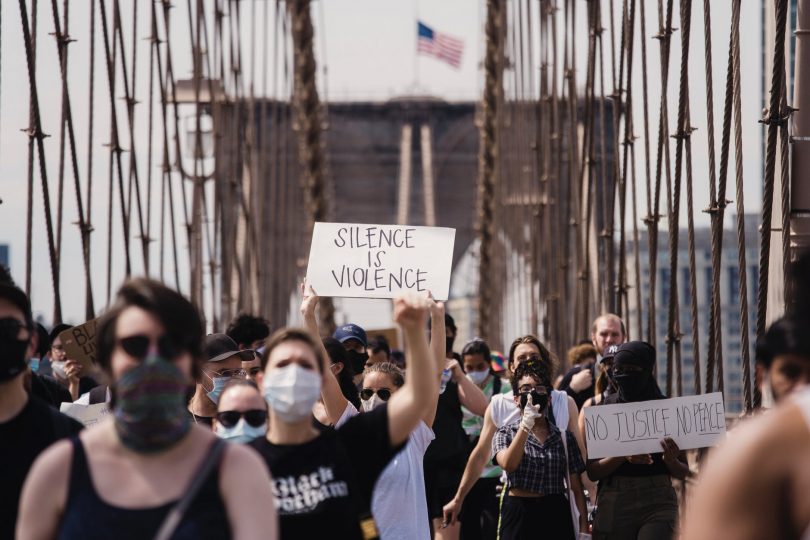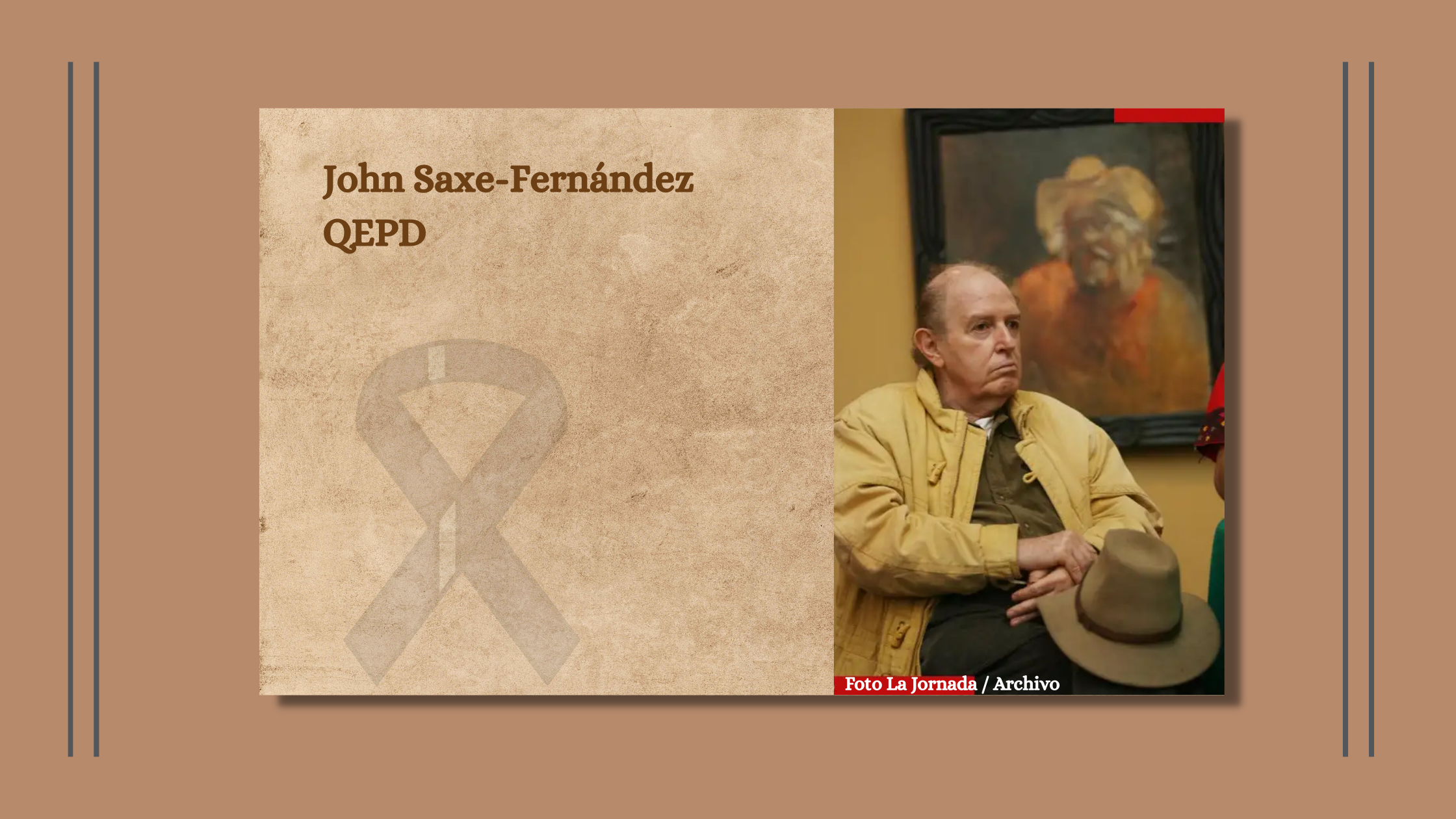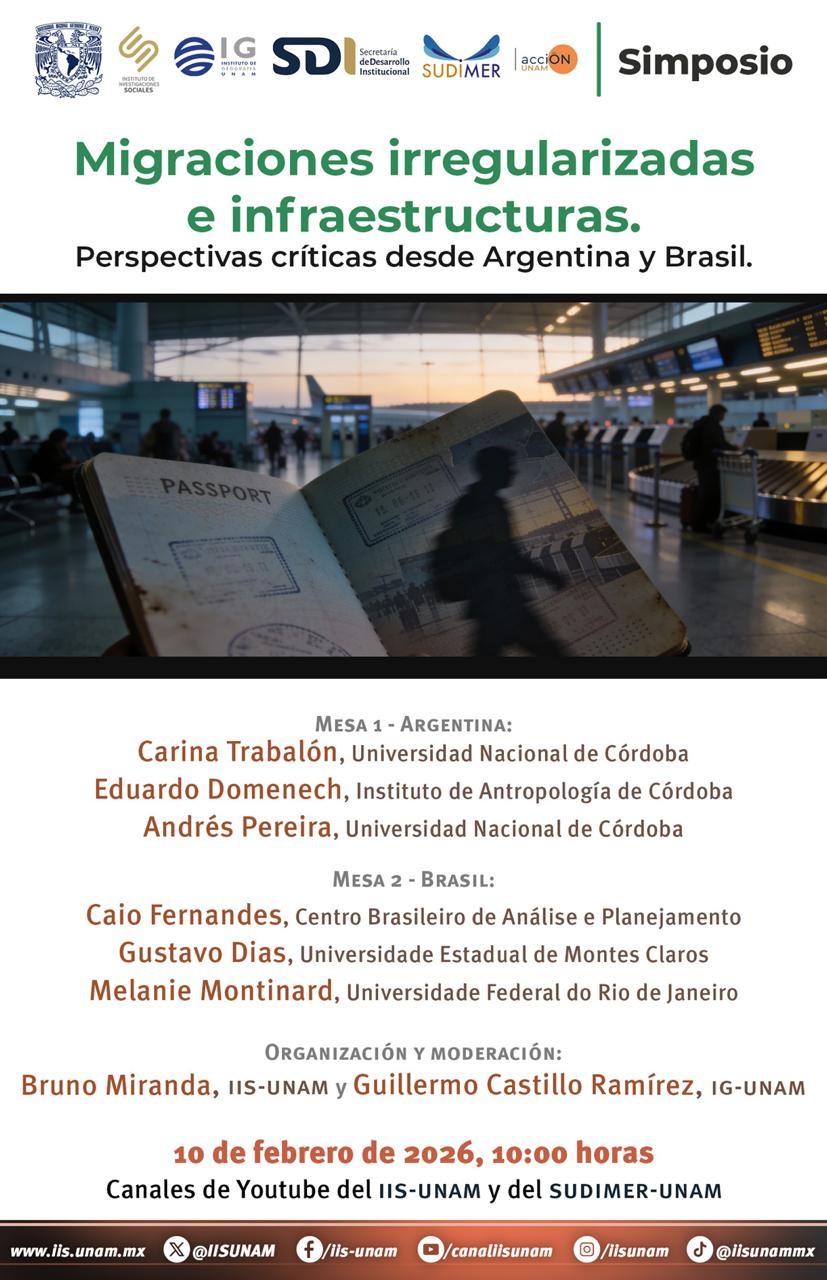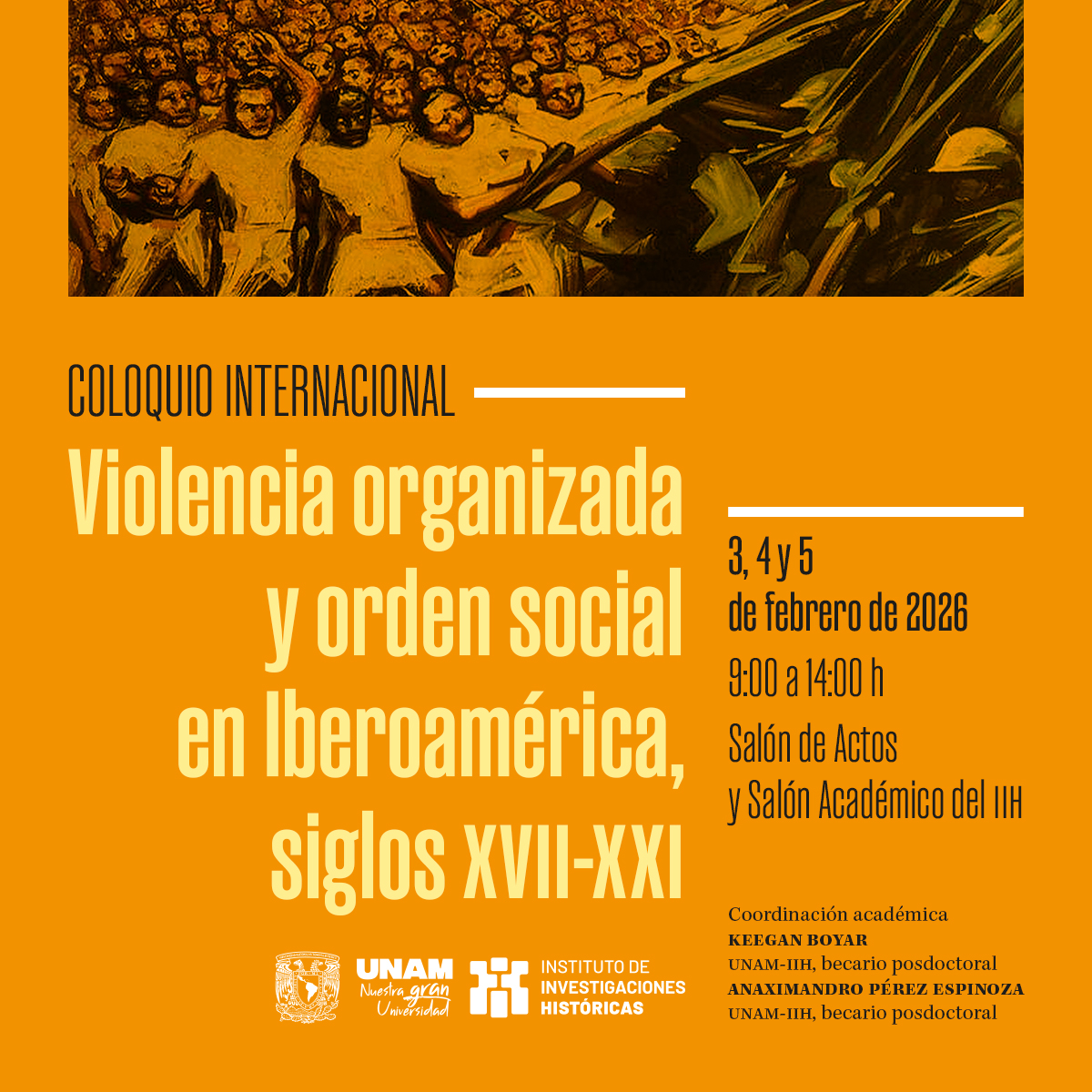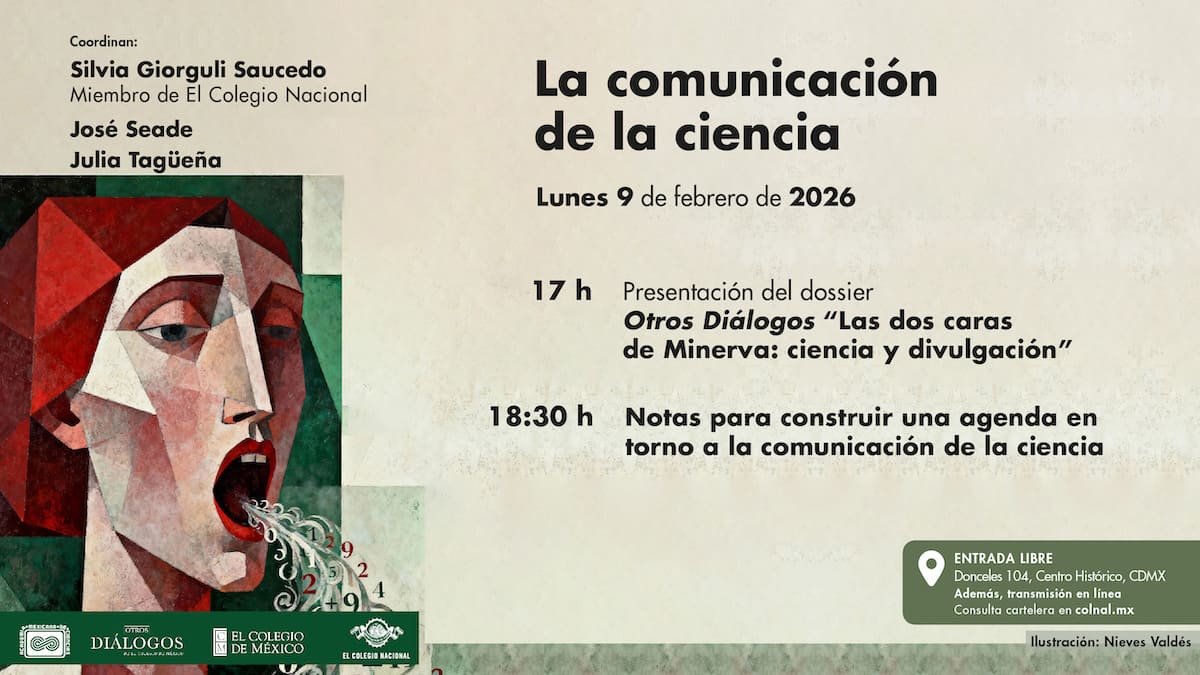Public Policy and Social Conflict
Call for Papers
Public Policy and Social Conflict: How Gradual Policy Changes and Mobilizations Interact
Université du Québec à Montréal
7-8 October 2021
Conference Organized by
Marcos Ancelovici (UQAM), Joëlle Dussault (UQAM), and Florence Larocque (ENAP)
The privatization of public services, rooted in neoliberal ideology, has largely spread across the world over the last decades, but has taken different forms (Clark, 2002; Furlong, 2010; Herrera and Post, 2015; Lee Mudge, 2008; Lorenz, 2012; Murillo, 2009). It may come in as abrupt policy changes, but may also operate more gradually. Initially, the historical neo-institutionalist literature suggested that welfare states were largely path dependent and, therefore, that change was either minor and relatively continuous or major and disruptive (Pierson, 1994; 2000). Yet, it has since been argued that gradual change can also be transformative and lead to profound changes (Hacker, 2004; Mahoney and Thelen, 2010; Streeck and Thelen, 2005). When privatization reforms take place gradually, different measures may unravel at various levels to reconfigure institutional and public responsibilities and equilibria: legislative framework and social policy modifications, political and administrative reforms, public-private partnership (PPP), creation of new programs in public sectors, mergers, extensive reorganization of personnel, and so on.
The pace of public policy reform can serve different agendas. For example, it has been argued that privatization and neoliberal reforms could be put in place gradually specifically to limit the risk of social mobilization and protest against them (Hacker, 2004). However, the impact of gradual reforms on social opposition may not be as straightforward and unidirectional as it seems. One can for instance expect that extending the period during which the privatization and neoliberal reforms develop could have other effects, like giving social actors time to organize (McCarthy and Zald, 1977) and build broad, multisector coalitions (Giugni and Grasso, 2015). Causality can also be reversed: reforms can be the product of mobilization and foster a process of demobilization. Policy change can also be gradual or slow precisely because opposing social actors are mobilized and engaged in protests or because of a lack of mobilization from supporting social actors.
Furthermore, instead of depicting the phenomenon as linear, it could make more sense to think about public policy and mobilization as regularly interacting over time (Dufour and Ancelovici, 2018).
This conference aims thus at focusing on this point or process whereby mobilization and public policy meet and shape one another. Rather than studying either public policy or mobilization, we would like this conference to propose frameworks and studies for thinking about these two dimensions of politics in conjunction.
We seek contributions that address the following questions:
- What are the effects of gradual, as opposed to abrupt, privatization on social mobilization? Do the same actors mobilize against it? Do they do it in the same way?
- To what extent can mobilizations shape the provision of public services? What opportunities and/or obstacles do they encounter in doing so?
- To what extent and how do mobilization and public policy shape one another over time?
- What are the differences between the coalitions that advocate and mobilize for policy change and the ones that resist it?
- Can we make sense of policy coalitions in terms of social movements?
We welcome propositions addressing the following policy areas or struggles from around the world, with a specific focus on the conjunction, or points of articulation, between mobilization and public policy:
- Healthcare and social services;
- Covid-related protests;
- Education;
- Student movements;
- Social security and income support;
- Mobilization to fight poverty;
- Housing;
- Antigentrification protests;
- Public utilities;
- “Yellow Vests” in France;
- Prison and detention centers;
- Black Lives Matter;
- Natural resources.
- Climate Justice Marches.
Participants’ Instructions
We accept proposals in English and French. The conference will be public and followed the next day by a private workshop for authors to discuss the papers and a potential publication in English. Translation from French to English will be provided if needed during the conference, but all participants are expected to understand English to facilitate formal and informal exchanges and discussions.
Abstracts of 500 words are expected by March 1, 2021, and have to be submitted to the following email address: policyandprotest@gmail.com
Decisions will be communicated by April 16, 2021. A limited number of small grants will be awarded to support the participation of doctoral and post-doctoral students.
The selection of abstracts will be made by the conference organizers and an international Scientific Committee:
- Emmanuelle Barozet (Sociology, University of Chile, Chile)
- Daniel Béland (Political Science, McGill University, Canada)
- Pascale Dufour (Political Science, University of Montreal, Canada)
- Françoise Montambeault (Political Science, University of Montreal, Canada)
- Julien Talpin (Political Science, University of Lille 2, France)
The conference is organized with the support of the Canada Research Chair in the Sociology of Social Conflicts, Université du Québec à Montréal (UQAM), and the École Nationale d’Administration Publique (ENAP).
If sanitary conditions allow. Otherwise, the event will be either rescheduled or moved online.
References
Clark, David. 2002. “Neoliberalism and Public Service Reform: Canada in Comparative Perspective.”
Canadian Journal of Political Science 35 (4): 771-793.
Dufour, Pascale, and Marcos Ancelovici. 2018. “From Citizenship Regimes to Protest Regimes?,” in M. Paquet, N. Nagels and A.-C. Fourot (eds). Citizenship as a Regime: Canadian and International Perspectives. Montreal: McGill-Queen’s University Press, p. 165-185.
Furlong, Kathryn. 2010. “Neoliberal water management? Trends, limitations, reformulations.”
Environment and Society: Advances in Research 1: 46-75
Giugni, Marco and Maria Grasso. 2015. Austerity and Protest Popular Contention in Times of Economic Crisis. New York/London: Routledge. Hacker, Jacob S. 2004. “Privatizing Risk without Privatizing the Welfare State: The Hidden Politics of Social Policy Retrenchment in the United States.” American Political Science Review 98(2): 243– 60.
Herrera, Veronica and Alison E. Post. 2014. “Can Developing Countries Both Decentralize and Depoliticize Urban Water Services? Evaluating the Legacy of the 1990s Reform Wave.” World Development 64 (December): 621-641.
Lee Mudge, Stephanie. 2008. “What is Neo-liberalism?” Socio-Economic Review 6(4): 703-731.
Lorenz, Chris. 2012. “If You’re So Smart, Why Are You under Surveillance? Universities, Neoliberalism, and New Public Management.” Critical Inquiry 38 (Spring): 599-629.
Mahoney, James and Kathleen Thelen. 2010. “A Theory of Gradual Institutional Change.” In Explaining Institutional Change: Ambiguity, Agency, and Power, eds. James Mahoney and Kathleen Thelen, New York/ Cambridge: Cambridge University Press.
McCarthy, John D. and Mayer N. Zald. 1977. “Resource Mobilization and Social Movements: A Partial Theory.” American Journal of Sociology 82(6): 1212-41.
Murillo, Maria Victoria. 2009. Political Competition, Partisanship, and Policy Making in Latin American Public Utilities. New York: Cambridge University Press.
Pierson, Paul. 1994. Dismantling the Welfare State? Reagan, Thatcher, and the Politics of Retrenchment. Cambridge: Cambridge University Press.
Pierson, Paul. 2000. “The Limits of Design: Explaining Institutional Origins and Change.” Governance 13(4): 475–99.
Streeck, Wolfgang and Kathleen Thelen. 2005. “Introduction: Institutional Change in Advanced Political Economies.” In Beyond Continuity. Institutional Change in Advanced Political Economies, eds. Streeck, Wolfgang and Kathleen Thelen. Oxford: Oxford University Press.
Te puede interesar
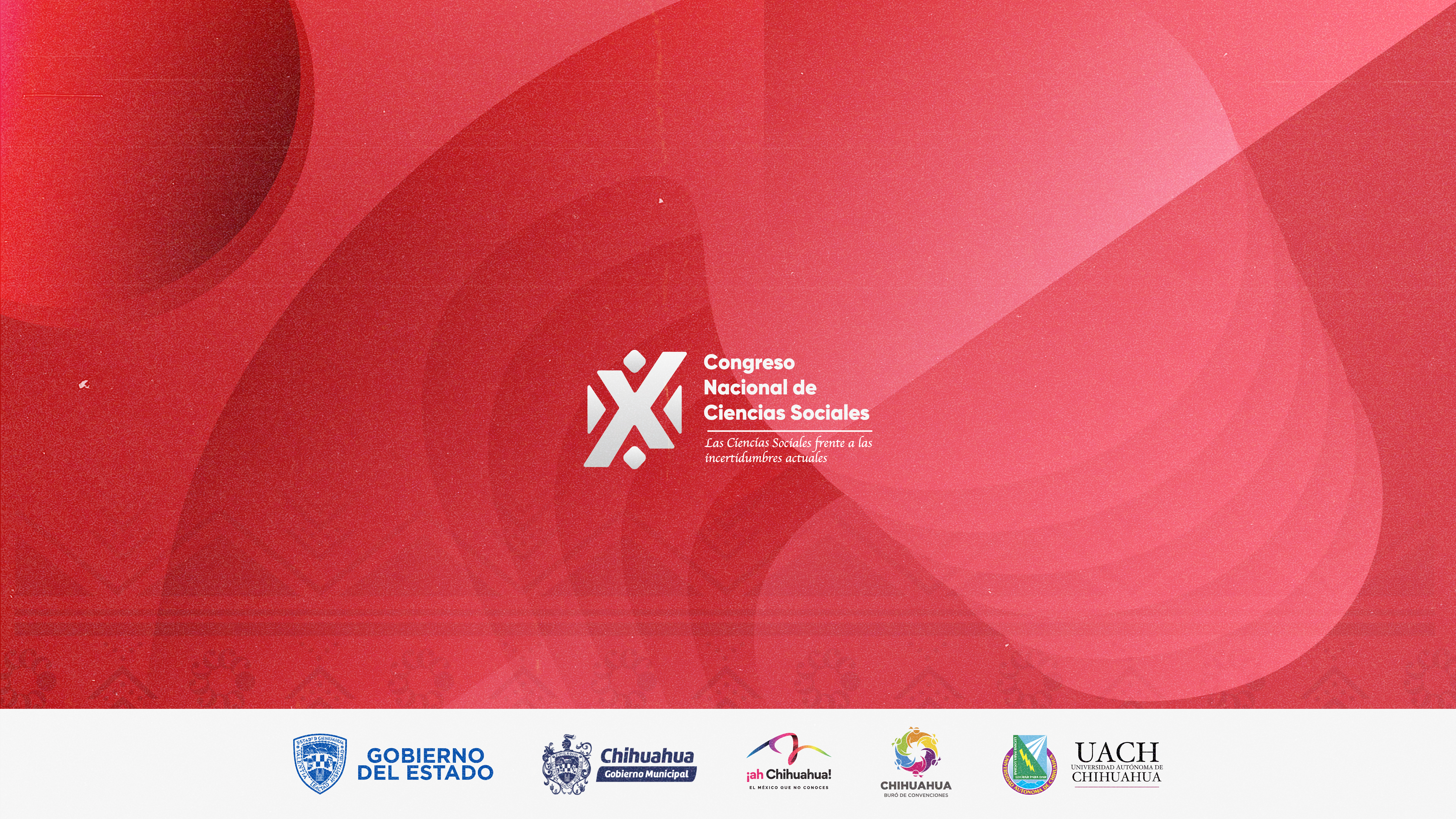
Convocatoria Feria del libro
Laura Gutiérrez - Feb 04, 2026FERIA DEL LIBRO X CONGRESO NACIONAL DE CIENCIAS SOCIALES “Las Ciencias Sociales frente a las incertidumbres actuales” INVITACIÓN Información general…

Hoteles con convenio | X Congreso Nacional de Ciencias Sociales
Laura Gutiérrez - Ene 28, 2026X Congreso Nacional de Ciencias Sociales Las Ciencias Sociales frente a las incertidumbres actuales del 23 al 27 de marzo…

Memorias del IX Congreso Nacional de Ciencias Sociales
Roberto Holguín Carrillo - Jul 02, 2025IX Congreso Nacional de Ciencias Sociales Las ciencias sociales y los retos para la democracia mexicana. Realizado en el Instituto…
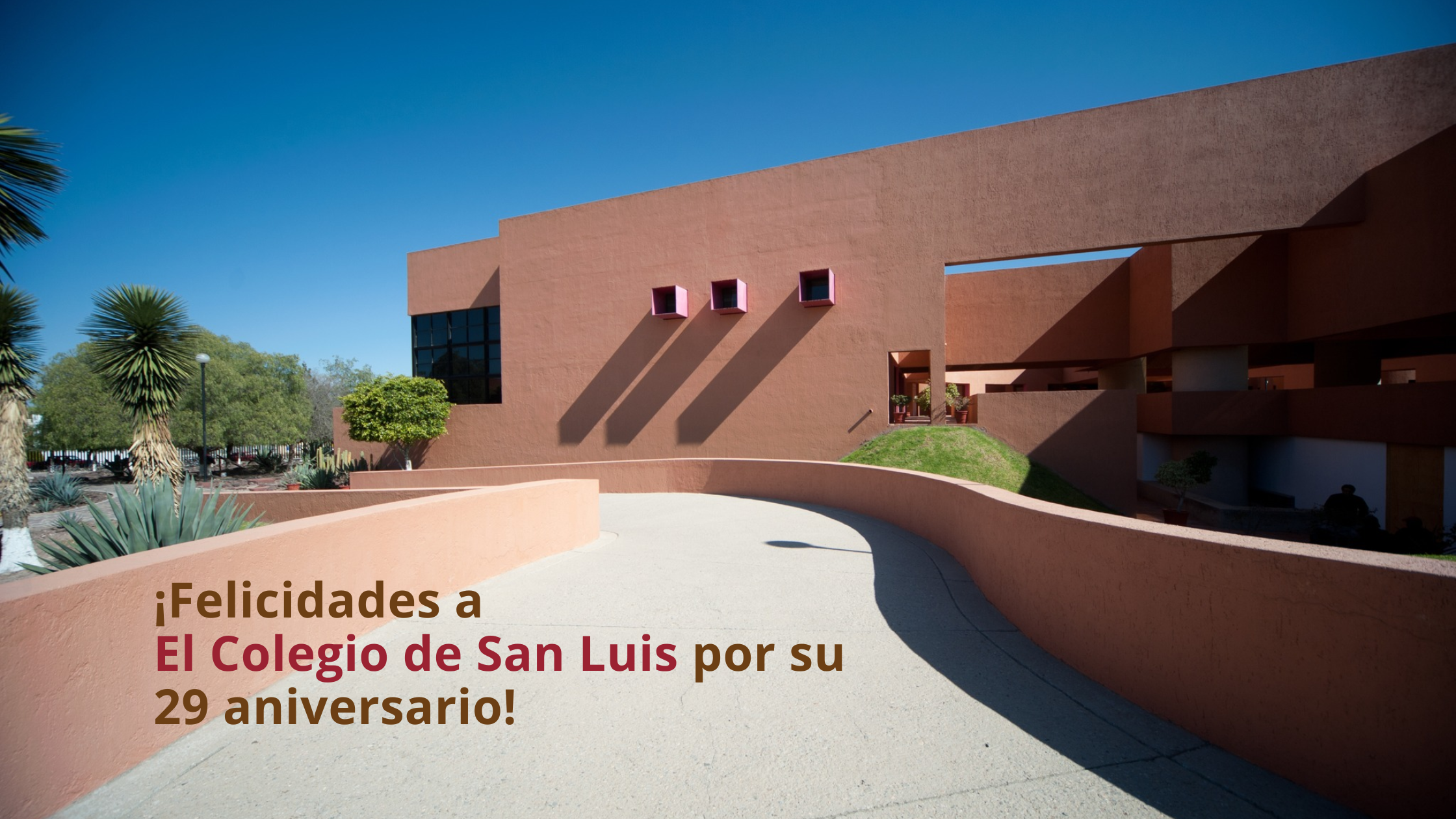
29 años de El Colegio de San Luis
Laura Gutiérrez - Feb 06, 2026El Colegio de San Luis celebra 29 años de historia y compromiso El Colegio de San Luis A.C. (Colsan) es…

Estudios Sociales, vol. 36, núm. 67
Laura Gutiérrez - Feb 05, 2026Centro de Investigación en Alimentación y Desarrollo, A.C. Estudios Sociales Revista de alimentación contemporánea y desarrollo regional vol. 36, núm.…
